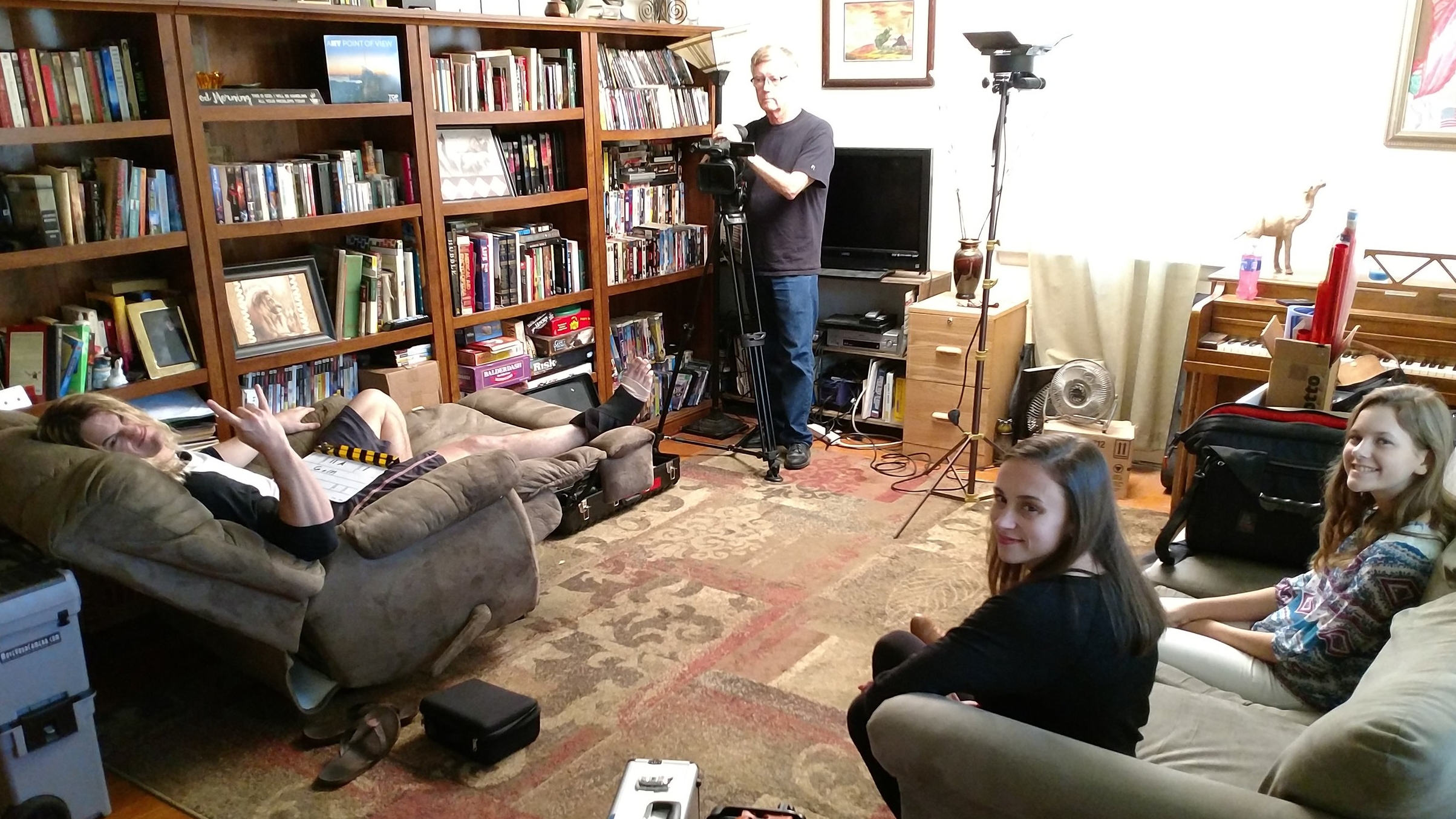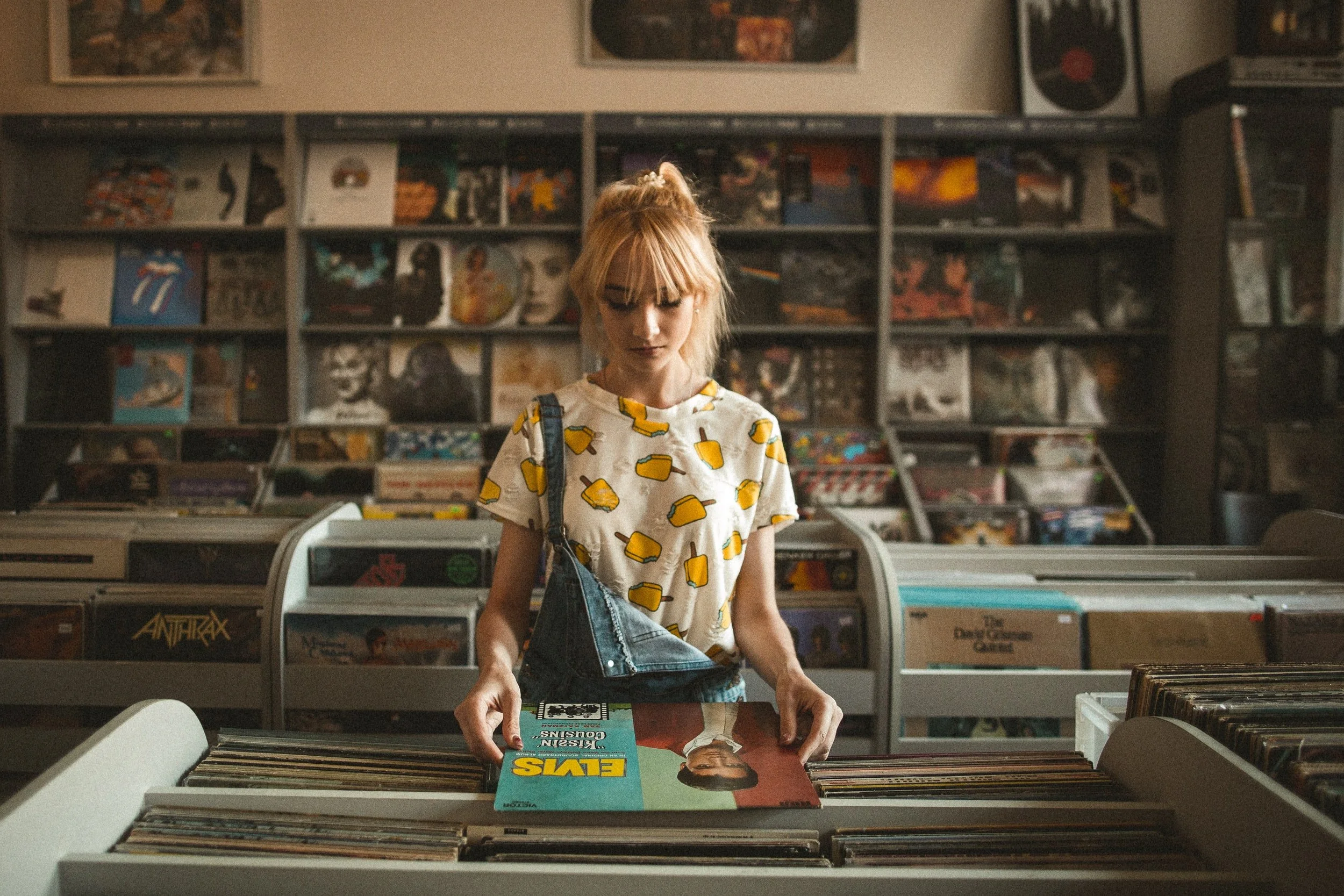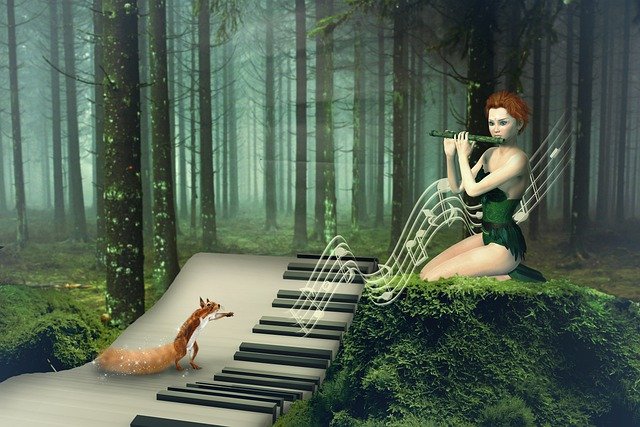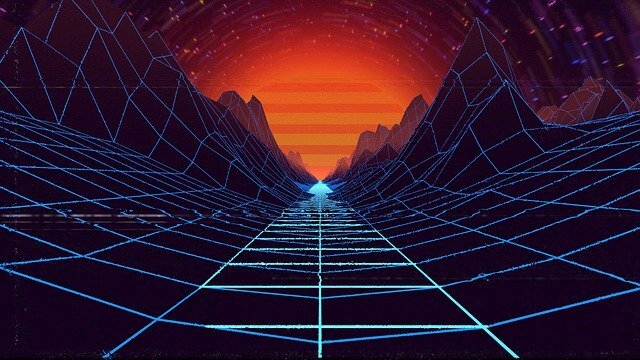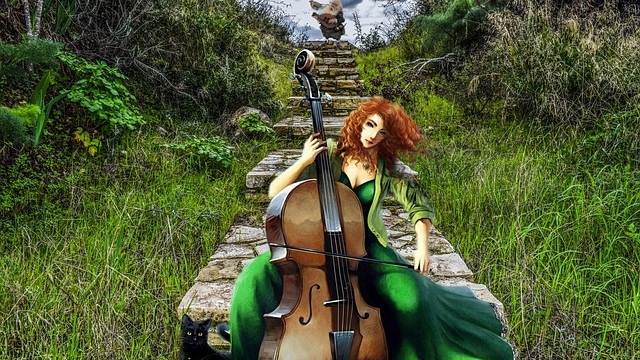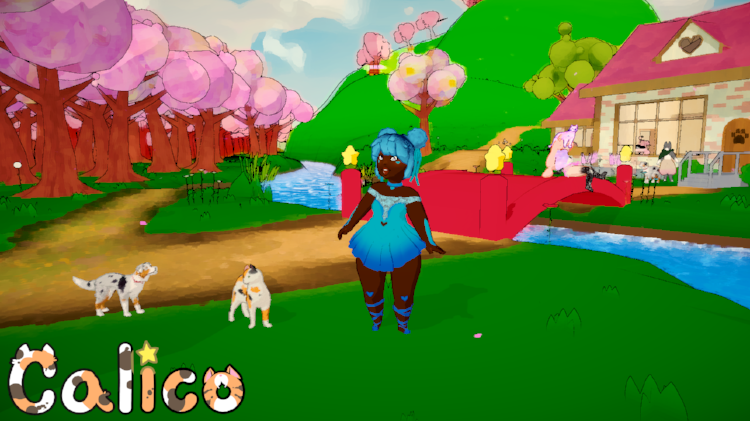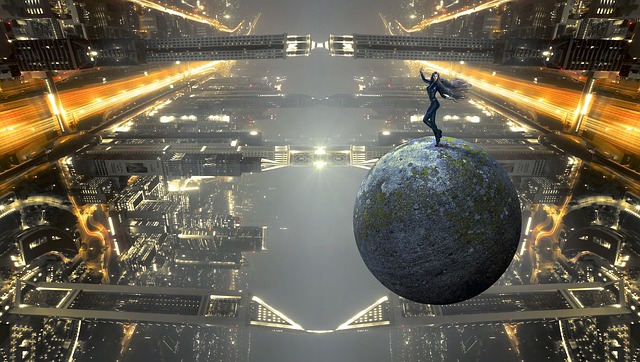By Ninichi | Contact | Follow
Are you thinking about hiring a composer for your film? If so, this can be a really fun and exciting process, but it can also be a little tricky. It’s important to take the time to get it right and to find a film music composer that you’re comfortable and confident working with. It’s not always easy to determine who might be a good or bad fit for your film, and so that’s why I’ve put together a few pointers to hopefully help with that.
I’m a freelance composer and have worked with numerous indie filmmakers on the film music soundtracks, for their amazing creations (get to know me & my music!). It is always an honour for me to work on an indie film and with such talented artists, and knowing that those who work with me trust me with their film music soundtracks means a great deal to me. However, I also know that they’ve taken the time to do their due diligence and to get clearer about what they want and need, before deciding to work with me. So – you must do the same when thinking about which film composer is right for your project.
Here are a few things to think about:
1. What do you need?
This may sound simple and perhaps obvious but really – what do you need music-wise for your film? Do you know how much music you need, where it would go, when you need it by etc. etc.? Also is it a one-off project or are you looking for a composer that you can turn to for on-going projects?
Knowing the answer to these types of questions will help you to narrow down your search when looking for a suitable composer – since it means that you need someone who can do all of these things for you.
If you’d like someone that you can rely on for future projects, it will definitely be worthwhile to spend a bit longer finding the best person for the job.
2. Credibility & Experience
Now that you have some idea of what you need, think about the type of person you want to work with and what sort of experience and track record you would like to see from them. Check out the composer’ portfolio to get a sense of who they are, what they’ve done and generally if they are credible and reliable or not.
Having a strong track record can be important since it is often a sign of their capabilities and knowledge of the industry and the process. The more experience they have, the less hand-holding should be needed and the more you can trust their ability to deliver great music for your film. See what others say about them i.e. if they have any testimonials.
They’ll also be seen as part of your overall team, and so you must choose someone that you can proudly say is a part of your production. Everyone that’s been involved in the making of your film will be associated with each other at least on paper if not in real-life and so it’s important to feel confident that everyone who you work with is a good representative of you and your project.
3. Style / Moods / Emotions
Think about what kind of music you need for your film in terms of the moods, the tone, the emotions and the styles. Music is an incredibly important component in films and it is often used to enhance key moments and to bring out the emotions onscreen. Making sure that the composer you decide to work with can handle this well and compose in the style or styles of music that you like and are hoping for, is really key.
Take the time to listen to their work and to explore their music. Can they compose in the styles of music that you need? Do they have range and versatility? Are the melodies they compose memorable? Does the music suit the films they compose for or is the music distracting?
For some ideas, feel free to check out some of the music I've created for films - see my film music. Listen to the different styles and imagine what kind of music might work well for your film.
4. Personality
Just as you will be hiring for other roles for your film – like the cast & crew, your composer is part of that team. You need to like, trust and respect who you hire. Think about the kind of personality you’re looking for and what traits you feel are important to you and to this project.
Don’t be afraid to ask questions, to interview potential composers and to make sure that you feel comfortable with who you are about to work with. Communication is key for any kind of work relationship but especially so for the composer to filmmaker relationship. If you can’t communicate easily, get on the same wavelength and discuss your ideas together, it won’t work.
5. Budgeting
Ok, so you’re an indie filmmaker and thus, your budget (or lack of budget) may make things challenging. However, don’t skimp on the music to your film! You’ve put your time, energy and money into creating your awesome film – don’t let the lack of attention and investment in music, bring the whole thing down.
If you want to hire a composer, then you must budget for them. They will be creating custom music to fit your film and to help bring your vision to life. This takes time, talent, thought & care, skills & equipment. Your composer deserves the opportunity to give you the best of their talents and that will almost definitely come at some cost. However, don’t be scared. Most composers will have some flexibility with their rates and if they like you and your film, will be willing to negotiate with you. They want to work with great people and on great projects too, so don’t be afraid to open up a conversation and to explore what’s possible!
So there you have my 5 tips on how to choose a music composer for your project.
Still feeling a bit stuck? Want more help with the music for your film?
Let's chat! I'd be happy to talk through the process in a bit more detail, answer any questions you have and to explore working with you if you think there could be a good fit!


